This blog was written by Fizza Raza. Fizza has done her Masters in Population and Development at the London School of Economics and Political Science. She is currently working as a Research Associate for the human development cluster at a Lahore-based policy think tank called the Institute of Development and Economic Alternatives.
For the 2017 UKFIET conference, 23 individuals were provided with bursaries to assist them to participate and present at the conference. The researchers were asked to write a short piece about their experience.
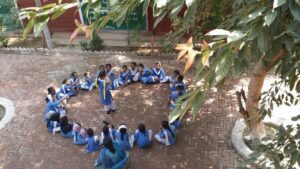
Story time –A Grade 4 student reading a story to Grade 2 students out loud while their teacher is checking the DTE tests
Teachers are often blamed for the deteriorating quality of teaching and the abysmal state of government schools. However, their side of the story remains unheard. This blog highlights various issues, problems and grievances that the teachers experience in their day to day work in government schools in Pakistan. I draw on data from interviews with government teachers and school observations conducted as part of the TEACh (Teaching Effectively All Children) project.
The project focuses on the theme of inclusive education and aims to analyse the learning outcomes of students from marginalised communities. Marginalisation is considered on the parameters of gender, disability and socio economic background of the children. The qualitative sample consists of six government schools in three districts of Punjab, in Pakistan: Kasur, Sargodha and Hafizabad.
For improvement in overall learning outcomes of students the role of teachers cannot be emphasised enough. An important point that is often overlooked is that the teachers are not performing their duties in isolation, rather are part of a much larger bureaucratic system, and – in practice – their duties as part of the bureaucratic system go beyond teaching. During interviews and informal conversations, teachers spoke about the extra duties they have to undertake, for instance, election duties, administrative activities (involving reporting school data to higher authorities), and conducting door-to-door visits during census and universal primary education drives. The main drawback is that while teachers are busy fulfilling these duties, the classrooms are left unattended; therefore, in order to fulfil the secondary duties they are forced to forsake the primary duty. Moreover, since being part of the census means house visits, more often than not, they often face hostility in communities.
Another challenge that is being faced by the teachers is of getting leave even in emergency situations. Since the introduction of Monitoring and Evaluation Assistant (MEAs), there is an unannounced monthly visit to schools to collect data on attendance of students, teachers and school staff. Although teachers are allowed to take a certain numbers of days off from school within the academic year, all head teachers prefer not to give the teacher their leave until the monitoring visit for the month has been conducted. For instance, in Kasur, we witnessed an instance where a teacher was greatly distressed because she could not secure leave for a family medical emergency because of an upcoming monitoring visit. Fifteen out of the eighteen teachers interviewed spoke about the difficulties of arranging meaningful and regular interactions with parents, particularly in low-income communities.
There is a lack of trust between teachers, the governance structures and the communities. A lack of recognition of the challenges teachers face compounds this
The ideal scenario would be that teachers are not burdened with extra-curricular duties. A second best solution to ensure that teaching remains uninterrupted is to have a trained reliable supply of substitute teachers. These teachers can be called upon only when the need arises and can serve as substitutes when main teachers are not around.
Head teachers in government schools can and should have the autonomy to grant emergency and medical leave to teachers, particularly if these are part of sanctioned leave. The education department should work to reduce perceptions of negative repercussions of absence during visits by monitoring authorities, and encourage transparent documentation of reasons for leave by the monitoring authorities.
Flexible, telephone communication channels between teachers and parents can be encouraged. Open days at the school where parents can visit and have conversations with teachers may be another option. Employing the help of community notables, including retired teachers, clerics and others, to improve community school relations, may be an option. The school councils in government schools are already in place to facilitate such interactions.
Most importantly, the government must work on creating ways for teachers’ voices to be part of formal channels of discussions on policy and reform.

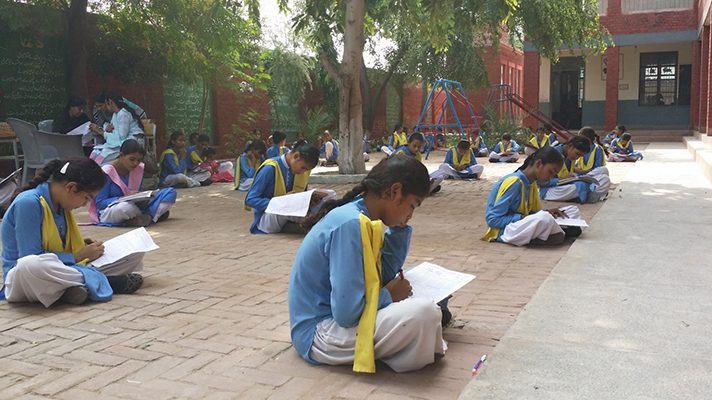
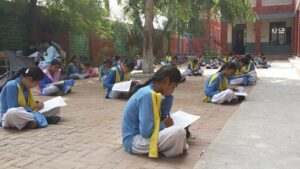

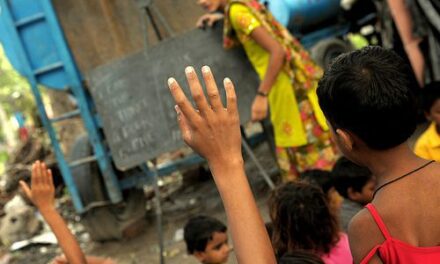
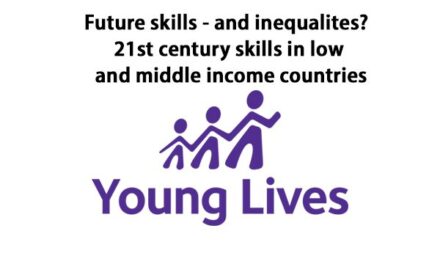
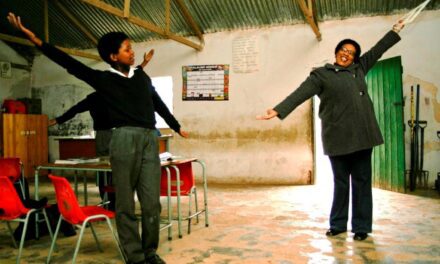
I like your post.